Being stuck inside is causing us to get bored and stressed, which can lead to cravings. Try exercising, practicing mindfulness, snacking healthily, and eating at regular times to manage your cravings.
The increased time spent indoors can cause us to feel extremely bored. Boredom is associated with us having more energy than we are using, called an energy intake, and is linked to a greater consumption of fats, carbohydrates, and proteins that lead to weight gain. Not only are we bored, but we’re also stressed. Working from home and constantly consuming information about our current situation can be extremely stressful.

Cortisol and Appetite
When the stress state is installed, the adrenal glands release a hormone called cortisol. Cortisol increases appetite and may also ramp up motivation to eat. Once a stressful episode is over, cortisol levels should fall, but if the stress doesn't go away or if a person's stress response gets stuck in the "on" position, cortisol may stay elevated.
Stress seems to affect food preferences. Numerous studies have shown that physical or emotional distress increases the intake of food high in fat, sugar, or both. High cortisol levels, in combination with high insulin levels, and the “hunger hormone” ghrelin, may be responsible. Once ingested, these high fat and sugar foods seem to have a feedback effect that dampens stress related responses and emotions. These foods really are "comfort" foods in that they seem to counteract stress which may contribute to people's stress-induced craving for those foods.

Stress and its effects on the body
Of course, overeating isn't the only stress-related behaviour that can add pounds. Stressed people also lose sleep, exercise less, and drink more alcohol, all of which can contribute to excess weight. This desire to consume a specific kind of food is defined as “food craving”, which is a multidimensional concept including emotional (intense desire to eat), behavioural (seeking food), cognitive (thoughts about food), and physiological (salivation) processes. Of interest, a gender difference has been reported in food craving, with a higher prevalence in women than in men.
Carbohydrate cravings encourage:
- Serotonin production which has a positive effect on mood.
- In a sense, carbohydrate-rich foods can be a way of reducing stress.
- The effect of carbohydrate cravings on low mood

Stress itself is a pro-inflammatory response and eating these high fat and high sugar foods can aggravate the inflammatory response of the body, negatively impacting the immune system.
To help combat these cravings, we've got a few tips for you:
- Structure! Just because you're at home all day doesn't mean you shouldn't plan how it's going to flow. Plus, by planning when you are eating and managing your meal times, it might help with cravings. Also, it can help you to avoid being extremely hungry which this can trigger the cravings.
- Snack healthily. Don't fill your cupboard with things that aren't good for you, instead, try to snack on fruits, yoghurt, or nuts. If that sweet tooth is calling your name, try adding some raw honey or dark chocolate into your diet to keep the cravings at bay.
- Exercise + Mindfulness. Overall, exercise and mindfulness practises can blunt some of the negative effects of stress. The “one a day” is valid, go out for a run or perhaps exercise indoors via Instagram lives. Some activities, such as yoga and tai chi, have elements of both exercise and meditation.
If you're still struggling with everything, don't worry, you can reach out to us via our online appointments and we can help you personally.

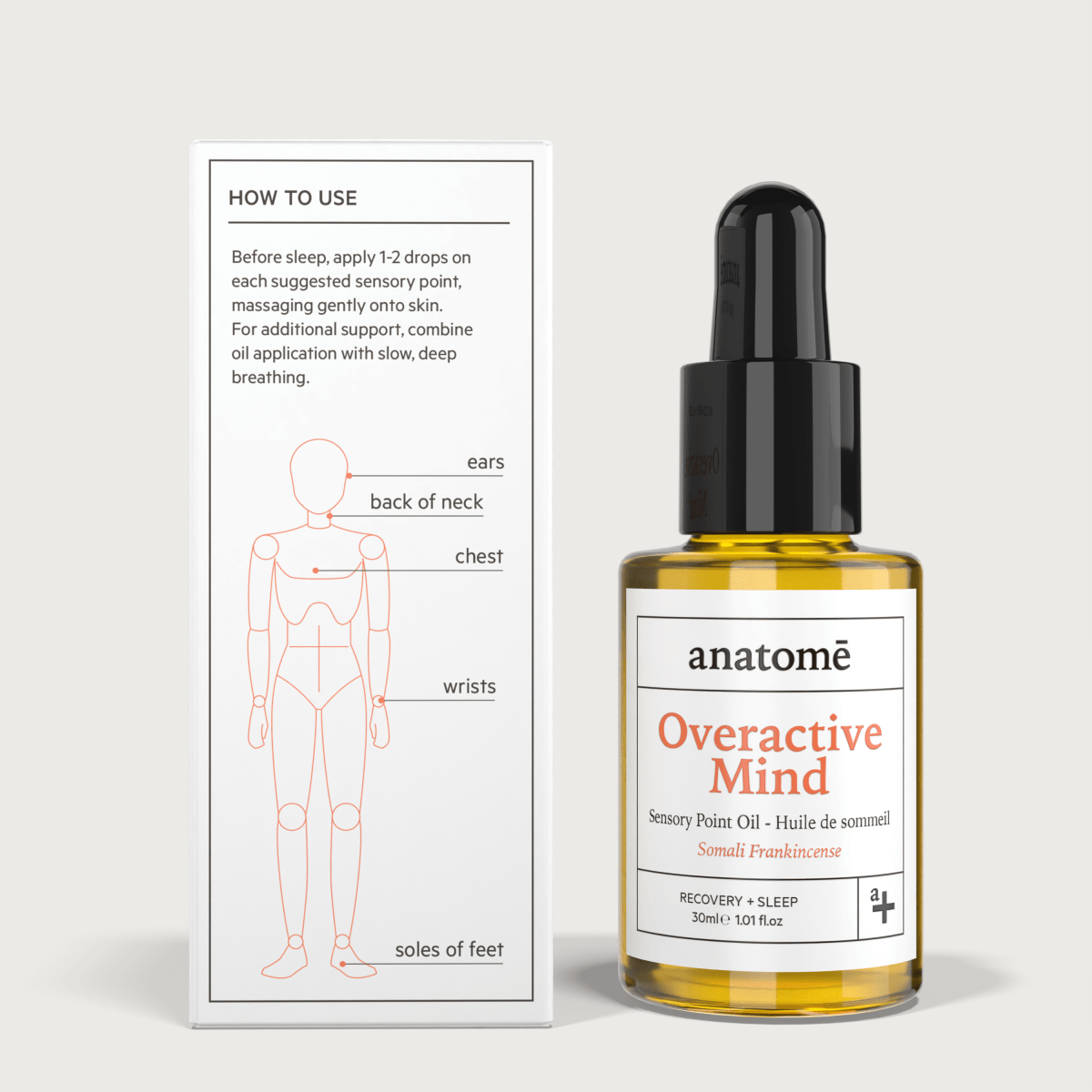
















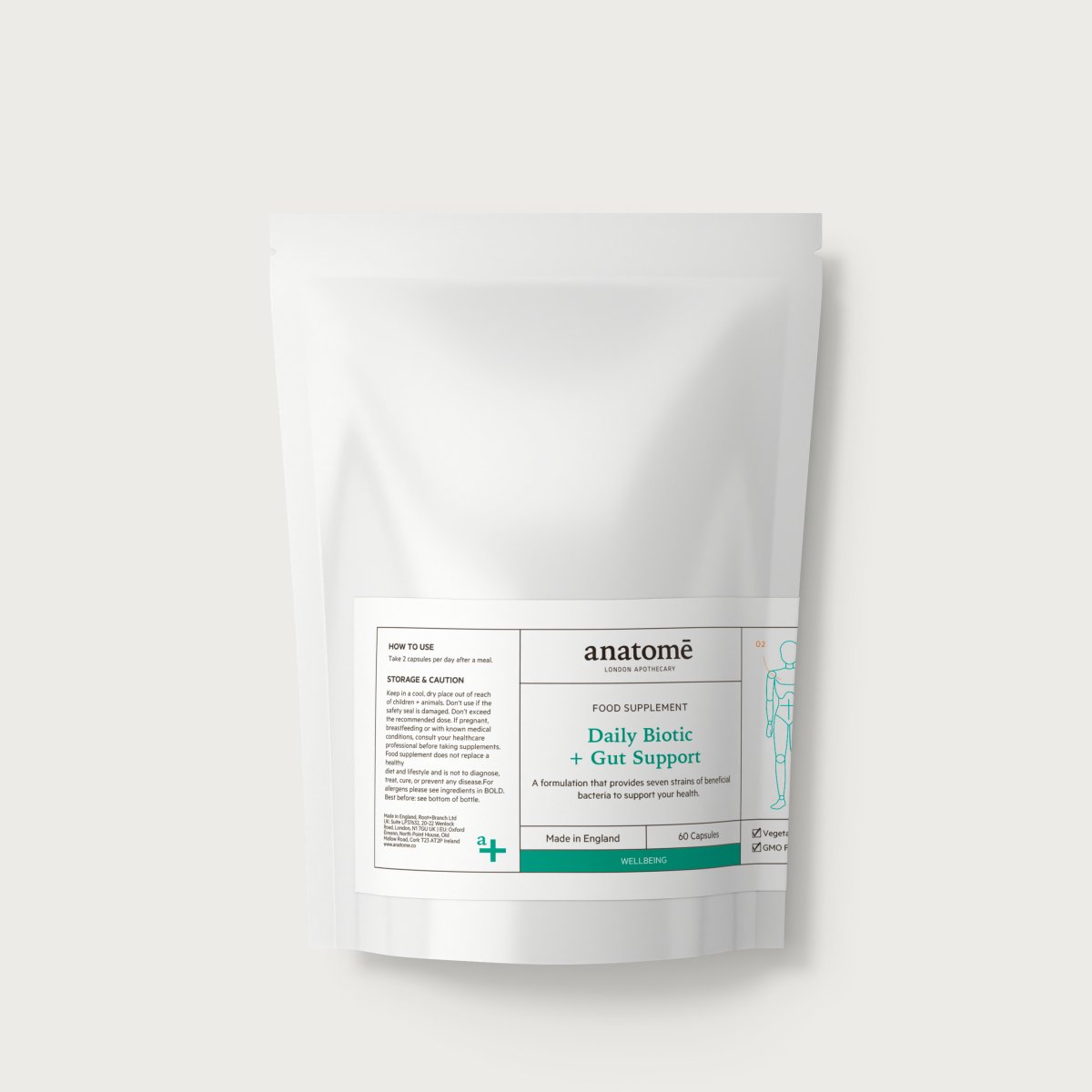
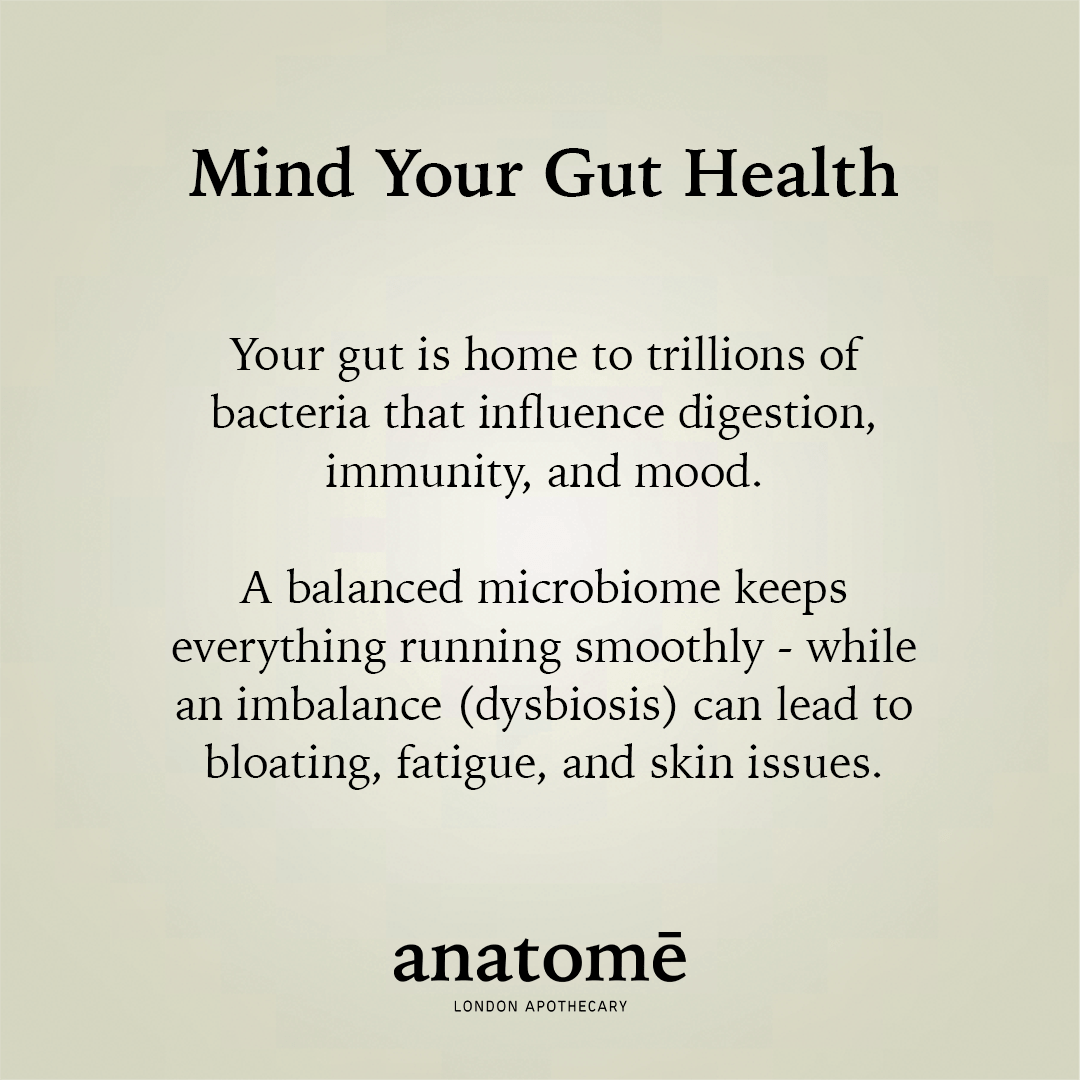
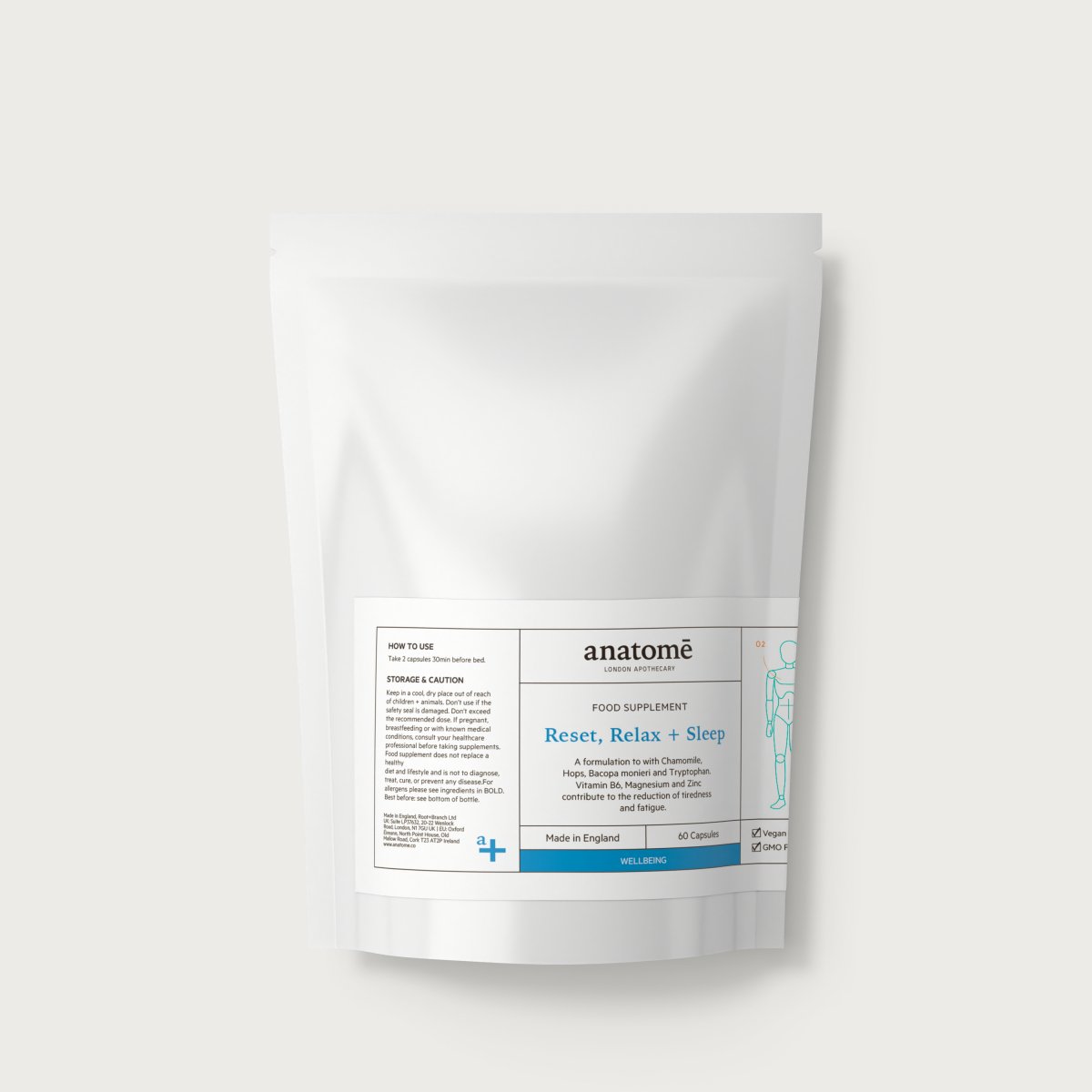







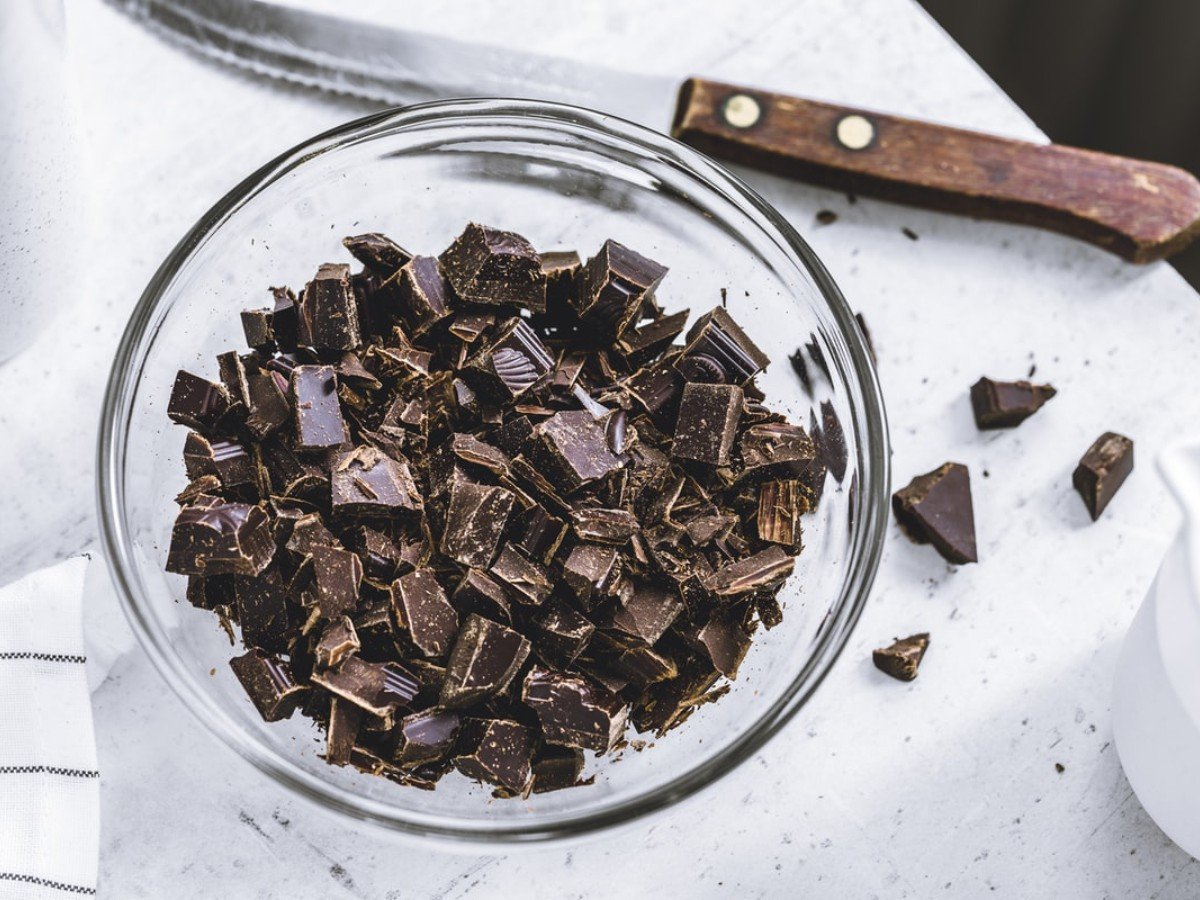






Leave a comment